Publications
Articles, publications, books, tools and multimedia features from the U.S. Institute of Peace provide the latest news, analysis, research findings, practitioner guides and reports, all related to the conflict zones and issues that are at the center of the Institute’s work to prevent and reduce violent conflict.
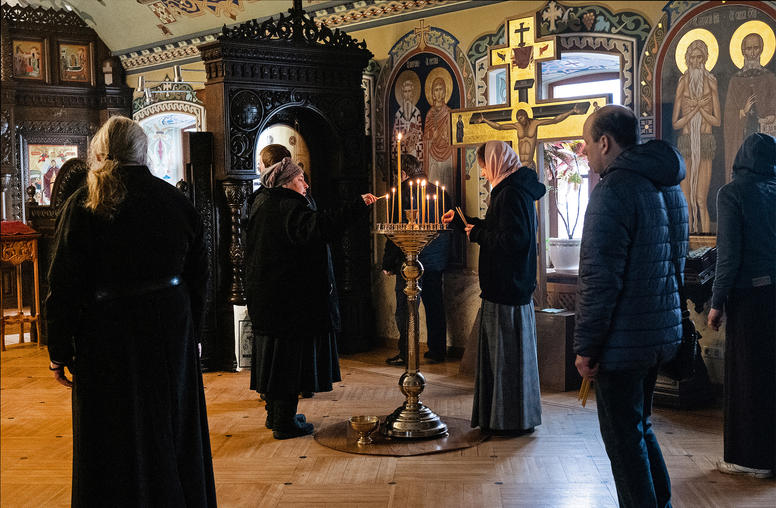
Religious Mobilization in Ukraine
Even prior to Russia’s invasion of Ukraine, religious relations between the two countries have often mirrored the long-simmering geopolitical tensions surrounding Ukrainian independence and autonomy. Russia’s previous annexation of Crimea and its intervention in Donbas had already provoked the creation of a united Orthodox Church of Ukraine (OCU) by uniting the Ukrainian Autocephalous Church and Ukrainian Orthodox Church of Kyiv Patriarchate. The newly created OCU represented a direct threat to Russia’s official domination of Orthodox Christianity in Ukraine via the Ukrainian Orthodox Church-Moscow Patriarchate (UOC-MP).
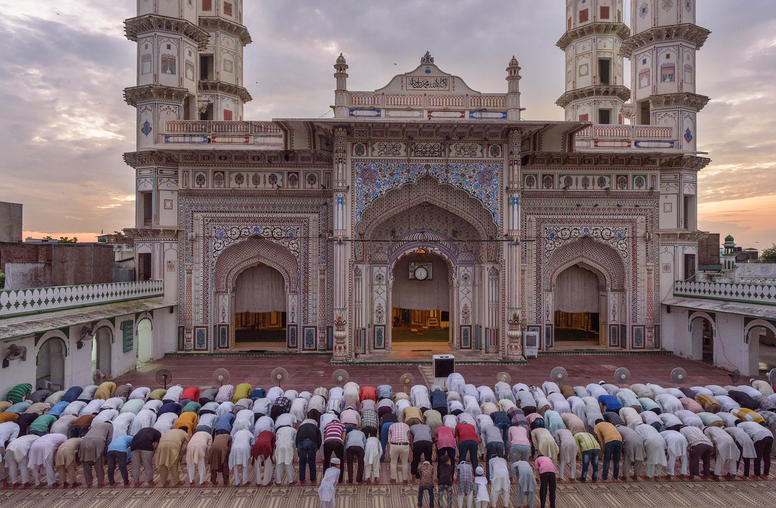
Three Things You Thought You Knew About Freedom of Religion or Belief
Accounts of global religious restrictions and hostilities have, unfortunately, become a regular feature of today’s news cycle. India’s passage of the Citizenship Amendment Act, which uses religious identity as a criterion for citizenship, and its violent crackdown against protesters made headlines at the turn of year. The Chinese government’s detention of more than a million Uyghur Muslims, increased surveillance, and other religious regulations in Xinjiang continue to garner much attention. And, increasingly more concern has been given to the ongoing attacks on Christian communities in Nigeria. While these examples are, of course, worrying and must be addressed, a deeper dive into the data reveals that many of the assumptions we hold about the state of global religious freedom need further unpacking.
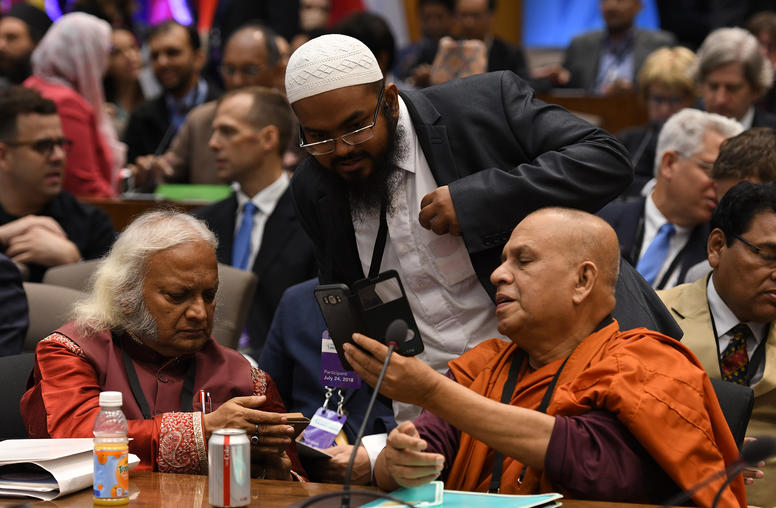
Human Rights Education as the Solution to Religious Persecution
Persecution on account of religion or belief confronts every community somewhere around the world—and it is an increasing trend. Challenges range from terrorist violence against minorities, such as ISIS’ depravations against Yazidis, to persecution by authoritarian governments, with China’s targeting of all faiths a prime example. To organize a defense of freedom of conscience and belief, the United States convened the Ministerial to Advance Freedom of Religion or Belief in 2018 and 2019, bringing together a virtual congress of nations and civil society activists from around the world. The third ministerial, organized by Poland, was held virtually in mid-November. Discussions identified challenges but also solutions. One consistent answer to the vexing problem of persecution was proffered: educating youth about human rights and pluralism.
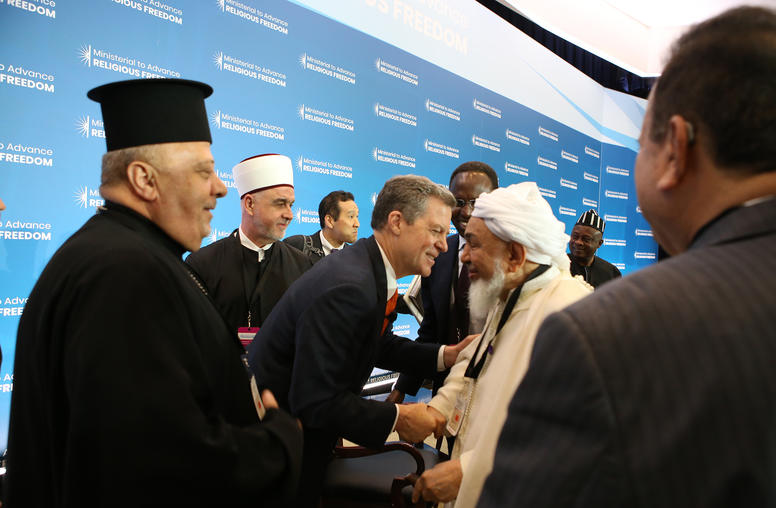
Four Thoughts on Advancing Religious Engagement in Diplomacy and Development
After nearly 20 years and across three successive U.S. administrations, it is clear that a bipartisan consensus exists among senior foreign affairs leadership that engaging religious actors to advance key American diplomatic, national security, and development objectives needs to be a priority. With some 84 percent of the world’s population expressing a faith affiliation, the role of religion as a social force around the world—and one that figures centrally in many peacebuilding contexts—cannot be ignored in our foreign relations.
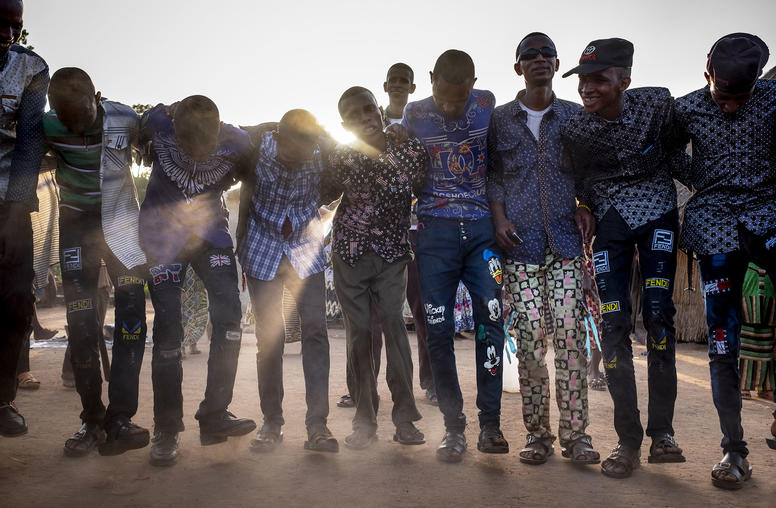
Central African Republic: A Role for Religious Leaders in Calming Conflict?
Presidential and legislative elections loom large in the Central African Republic (CAR) amid high tension and spikes in violence. CAR’s religious leaders have been on the frontlines of efforts to calm tensions ahead of polls opening on December 27. From religious leaders in the capital to those at the grass roots, they have made their voices and positions clear. The question, therefore, is not if religious leaders are crucial actors in conflict stabilization and peace efforts in CAR: They already are. Rather, policymakers and practitioners should be unpacking these leaders’ experiences—past and present—and asking how to strengthen their role as peacebuilding partners in the immediate post-electoral context and longer-term.
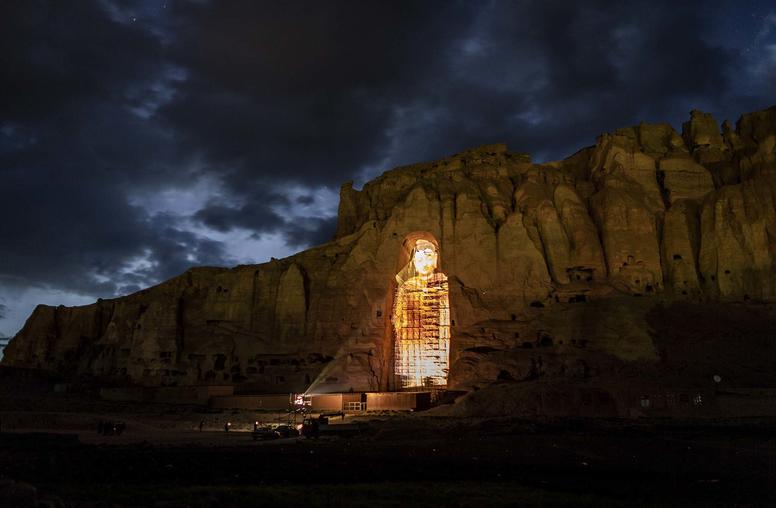
Missing Piece of the Puzzle: Preserving Religious Diversity by Protecting the Past
The United Nations General Assembly in January adopted a noteworthy resolution, “Promoting a Culture of Peace and Tolerance to Safeguard Religious Sites,” highlighting the often-ignored nexus between protection of cultural heritage and preservation of religious pluralism and peaceful coexistence. The resolution’s aims are broad, calling for “strengthened international efforts to foster a global dialogue on the promotion of a culture of tolerance and peace at all levels.” But it also mandates the U.N. secretary-general to convene an international conference focusing on the “United Nations Plan of Action to Safeguard Religious Sites.”
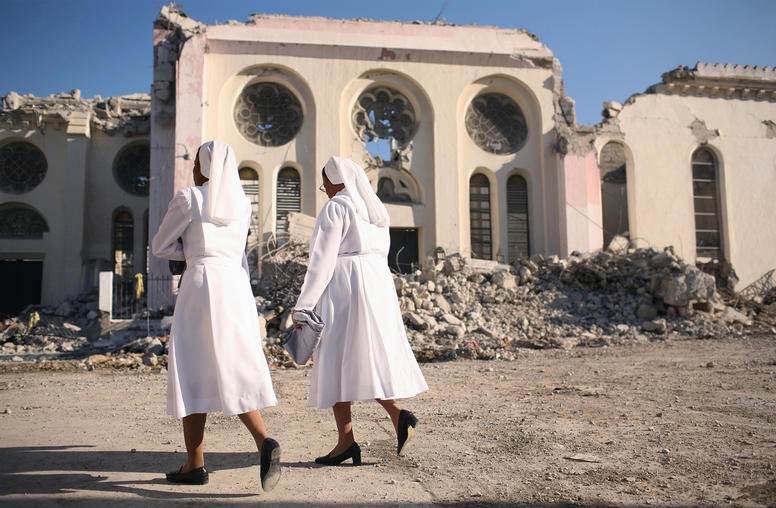
How Religious Actors Can Help Address the Western Hemisphere’s Biggest Challenges
On the sidelines of this year’s Summit of the Americas, the Interreligious Forum of the Americas brought together over 100 religious actors, faith-based organizations and governments to discuss how strategic engagement with religious and interreligious actors can help address the hemisphere’s most pertinent issues.
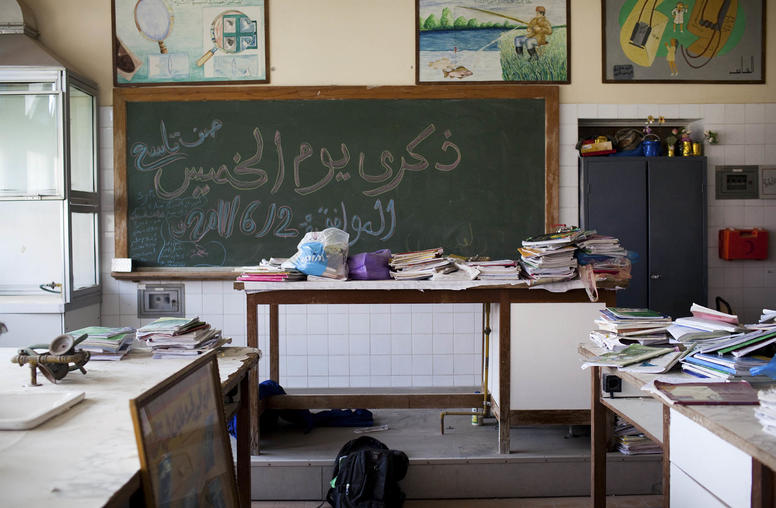
How Teaching Tolerance Can Promote Peace
Instability, conflict and human rights abuses are daily occurrences worldwide, often driven by hostility based on religion, belief or ethnicity. As policymakers look for ways to get upstream of potential human rights abuses, tolerance education can play a crucial role in preparing students to live in peace in our increasingly diverse world. The Transforming Education Summit, to be convened by U.N. Secretary-General António Guterres on September 16-19, provides an important opportunity to elevate tolerance education into the global education movement.
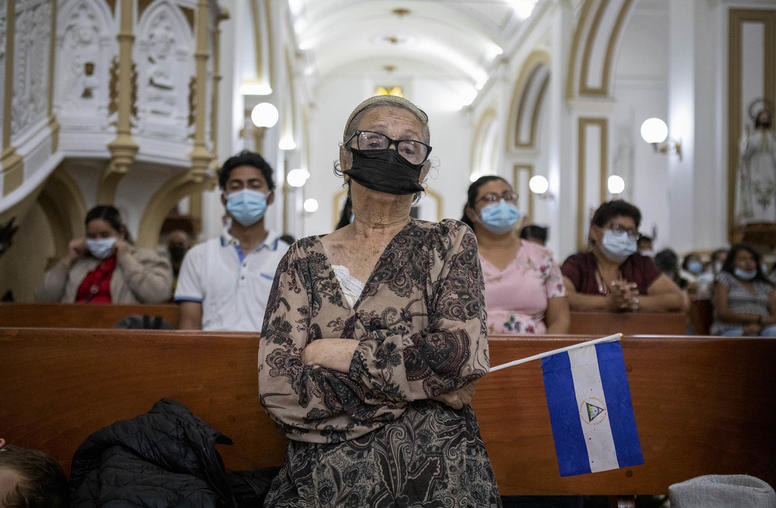
In Nicaragua, Crackdown on Religious Actors Further Imperils Return to Democracy
In recent months, Nicaragua’s government has escalated its effort to silence dissent by waging a systematic campaign of repression against the Catholic Church. Nicaraguan President Daniel Ortega and Vice President Rosario Murillo’s crackdown on clergy and church-affiliated organizations critical of their authoritarian regime not only threatens Nicaragua’s religious freedom but also erects significant roadblocks to the country’s return to peace and democracy.
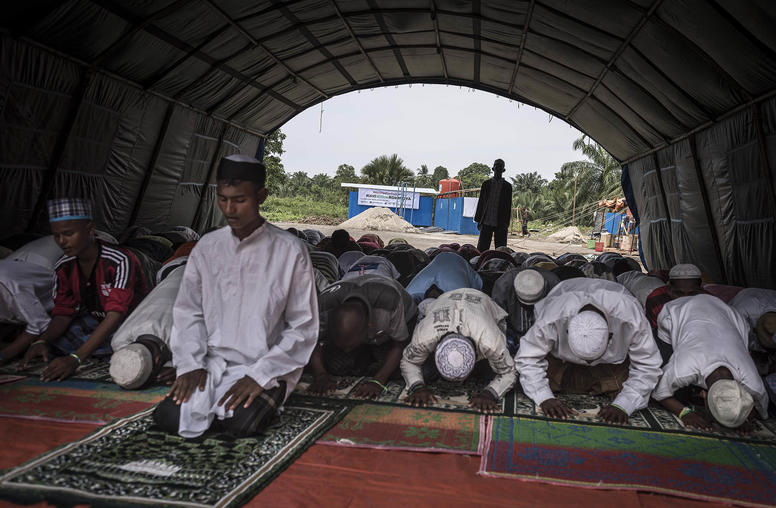
Common Ground on International Religious Freedom Enhances U.S. National Security
Religious freedom, like other human rights, is strongly correlated with political stability — and repression of religion or belief can serve as a major driver of conflict and violence. Around the world today, we see discrimination against or targeting of religious minorities associated with rising social tensions, intercommunal strife, violence and even mass atrocities. Muslims in India, Rohingya in Myanmar, Uyghurs in China, Yazidis in Iraq, and Christians in Pakistan: all are subject to forms of violence that have corollary effects on broader prospects for peace and stability in their respective contexts.